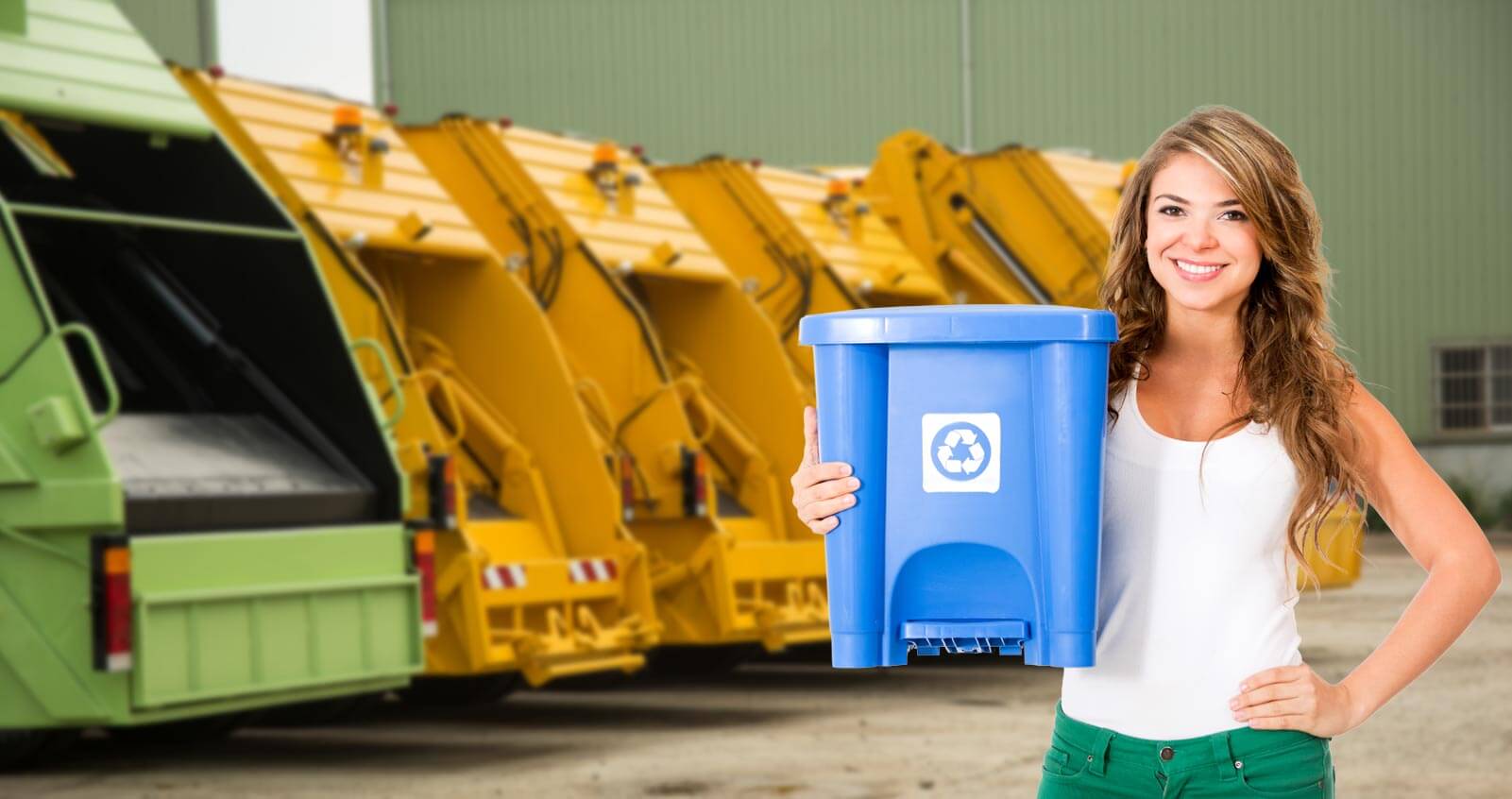Five Reasons to Care About Waste Cleanup
Posted on 11/05/2025
Waste cleanup is an essential practice that affects our environment, health, and economy. Despite the convenience of discarding waste thoughtlessly, there are numerous reasons why everyone should take waste cleanup seriously. Here are five compelling reasons to care about waste cleanup:
1. Environmental Preservation
Waste that isn't properly managed can harm ecosystems and wildlife. Plastics, for example, take hundreds of years to decompose, and during this time, they can pollute soil and water sources. Waste cleanup helps reduce pollution, conserving natural habitats and ensuring that flora and fauna thrive. Moreover, responsible waste management practices can mitigate climate change by reducing the amount of waste sent to landfills, which are significant sources of methane - a potent greenhouse gas.

2. Public Health and Safety
Improper waste disposal can lead to several health hazards. Piles of garbage can become breeding grounds for pests and insects, which can spread diseases. Contaminated water from waste can cause serious illnesses in humans and animals. Effective waste cleanup practices reduce these risks, ensuring a healthier and safer environment for communities.
3. Economic Benefits
Caring about waste cleanup can also have economic advantages. Recycling and composting waste can create jobs within communities. Additionally, a cleaner environment can boost property values and attract tourism, fostering local economic development. Effective waste management systems can also reduce the costs associated with treating pollution-related health issues and cleaning up litter, thus saving public funds.
4. Community Aesthetics
A clean environment is more aesthetically pleasing and enhances the quality of life. Public spaces free from litter and waste are more enjoyable for residents and visitors alike. Community cleanup efforts can foster a sense of pride and ownership among residents, encouraging further efforts to maintain clean and attractive neighborhoods.
5. Resource Conservation
Many materials discarded as waste can be recycled or repurposed, conserving natural resources. Metals, paper, and glass can be recycled into new products, reducing the need to extract and process raw materials. Composting organic waste returns nutrients to the soil, promoting healthy plant growth without relying on chemical fertilizers. By reducing, reusing, and recycling, we can make more efficient use of the planet's finite resources.
Pros and Cons of Waste Cleanup
Pros:
- Reduces environmental pollution
- Promotes public health and safety
- Generates economic benefits
- Improves community aesthetics
- Conserves natural resources
Cons:
- Can be costly to implement comprehensive waste management systems
- Requires public awareness and participation
- Initial setup and maintenance of recycling programs can be complex
Tips for Effective Waste Cleanup
- Separate waste into recyclable, compostable, and landfill categories
- Educate community members about the benefits of waste cleanup
- Encourage local businesses to adopt sustainable waste management practices
- Participate in or organize community cleanup events
- Support policies and initiatives that promote environmental conservation

Takeaways
Waste cleanup is crucial for environmental, health, economic, and aesthetic reasons. While there are some challenges, such as costs and the need for public engagement, the benefits far outweigh the negatives. Communities can implement strategies and practices to manage waste more sustainably, creating a cleaner and healthier environment for all.
Conclusion
In summary, taking care of waste cleanup is essential for preserving the environment, safeguarding public health, boosting the economy, enhancing community aesthetics, and conserving natural resources. By being mindful of our waste and adopting proper waste management practices, we can make a significant positive impact on our planet and future generations.




